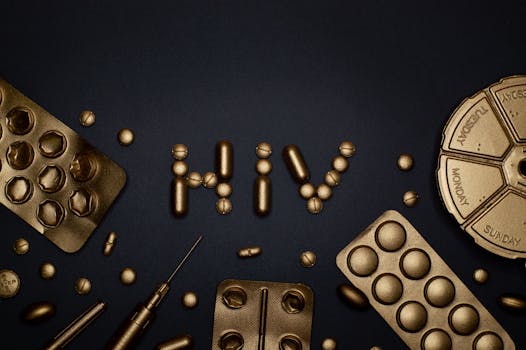
The Science Behind Vaccines and Public Health
The science behind vaccines and public health is a fascinating and complex topic. The science behind vaccines and public health is a fascinating and complex topic. Vaccines have been a crucial component of public health for centuries, saving countless lives and preventing the spread of infectious diseases. In this article, we will explore the history, development, and impact of vaccines on public health.
History of Vaccines

The concept of vaccination dates back to ancient civilizations, with evidence of smallpox inoculation practices in China, India, and Africa. However, it wasn’t until the late 18th century that the first vaccine was developed by Edward Jenner. Jenner’s vaccine used a mild form of cowpox to protect against smallpox, and it marked the beginning of a new era in public health.
How Vaccines Work

Vaccines work by introducing a small, harmless piece of a pathogen, such as a virus or bacteria, to the body. This triggers an immune response, which helps to build immunity against future infections. There are several types of vaccines, including inactivated vaccines, live attenuated vaccines, and conjugate vaccines. Each type of vaccine has its own unique characteristics and is used to protect against different types of diseases.
Impact of Vaccines on Public Health

Vaccines have had a profound impact on public health, saving countless lives and preventing the spread of infectious diseases. According to the World Health Organization (WHO), vaccines have prevented an estimated 10 million deaths between 2010 and 2015. Vaccines have also had a significant impact on the reduction of disease outbreaks, with many diseases, such as polio and measles, being nearly eradicated in many parts of the world.
Challenges Facing Vaccination Efforts

Despite the many successes of vaccination efforts, there are still several challenges facing public health officials. One of the biggest challenges is vaccine hesitancy, which refers to the reluctance or refusal to vaccinate due to concerns about safety or efficacy. Other challenges include the need for constant vigilance and monitoring of disease outbreaks, as well as the need for ongoing research and development of new vaccines.
Conclusion

In conclusion, the science behind vaccines and public health is a fascinating and complex topic. Vaccines have been a crucial component of public health for centuries, saving countless lives and preventing the spread of infectious diseases. While there are still challenges facing vaccination efforts, the benefits of vaccines far outweigh the risks, and continued research and development are necessary to protect public health.



